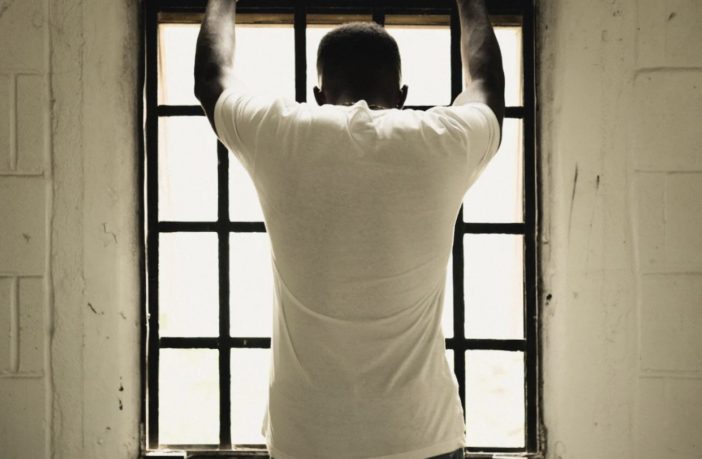By Marnita Coleman, Special to the AFRO
Author of “Eternal Justice: How God Intervenes for the Least of Us,” Philip Remington Dunn, has a passion for telling the stories of those he has crossed paths with as a criminal defense attorney and a man of faith.
Dunn believes that those tangled up in the justice system should know that God can miraculously redeem individuals in every circumstance.
Dunn has been a successful criminal defense attorney in Southern California for more than 30 years, but that was not his career goal. His dream was to become a powerful, respected prosecutor and ultimately a judge. As a fledgling attorney, Dunn landed an interview in the district attorney’s office in Ventura, Calif. only to find a four-month hiring freeze in effect. Since he needed a job immediately, he went to the public defender’s office located in the same building to inquire about a position and was told, “If you want a job, show up at 8:30 tomorrow morning.”
And he did.
Attorney Dunn’s humble prayer that morning, “not my will, but Your will be done” apparently charted his path.
“God knew me much better than I knew myself because as soon as I got started, I realized I was much too compassionate a person to have been a prosecutor,” said Dunn. “As deputy public defender, you see the same people coming back into the system over and over again. You’d get somebody released one day, and a week later see them back in the box, and it would be for the same thing, usually drugs.”
According to First Step Alliance, the rate of recidivism in the United States is a mind-boggling 70 percent within five years of release. In the state of Maryland, the recidivism rate is currently 40 percent, within the first three years of release.
As a Christian, Dunn has helped residents re-establish their lives through faith-based intervention by way of the Urban Ministry Institute, a theology program operating in 23 California prisons, including San Quentin State Prison and Pelican Bay State Prison. A total of 300 people were tracked through the series of classes. After completion, participants received an equivalent of a master’s degree in theology. The recidivism rate for those enrolled in that program was a mere 6 percent, demonstrating reform.
In addition, Dunn partnered with Pastor Bob Herrera of Victory Outreach Church in Ventura, Calif., a ministry for people caught up in the criminal justice system. Instead of going to prison, men and women were sent to Christian rehabilitation homes sponsored by the church.
“We’re talking about people who were methamphetamine addicts, heroin addicts, cocaine, everything imaginable, drinking, violence, and serious gang members salvaged from the prison system,” said Dunn.
Part of the program included making sure the participants were detoxed, provided employment, integrated into the community, and given responsibilities at the ministry.
“God intervened in their lives in a very real way either to redeem them, rescue them, and certainly in the vast majority of cases, put them on the right track to our Lord and Savior, Jesus Christ,” proclaimed Dunn.
Carla J. Debnam, licensed clinical professional counselor and therapist at the Renaissance Center in Woodlawn, Md., said, “Faith plays a key role in whether a person overcomes life’s challenges or not. People of faith have an inner resource and strength that helps them focus on what is possible over what is impossible. Basically, it gives them hope. Even if people are in prison, in a hospital, or in an unfriendly environment, they can survive and overcome by relying on their relationship with God.”
Dunn does not believe faith-based intervention is the vehicle to reform the entire criminal justice system, but he is confident that it will restore some folks, one soul at a time.
“In my observation, there are more Christians in prison than there are on the streets of Calabasas, Calif., where I live. That’s why we’re called to visit the prisoner when he’s in prison because the harvest is great there,” said Dunn. “And just as it is on the streets– where people are in crisis– is where they should meet Jesus Christ.”
Help us Continue to tell OUR Story and join the AFRO family as a member –subscribers are now members! Join here!



